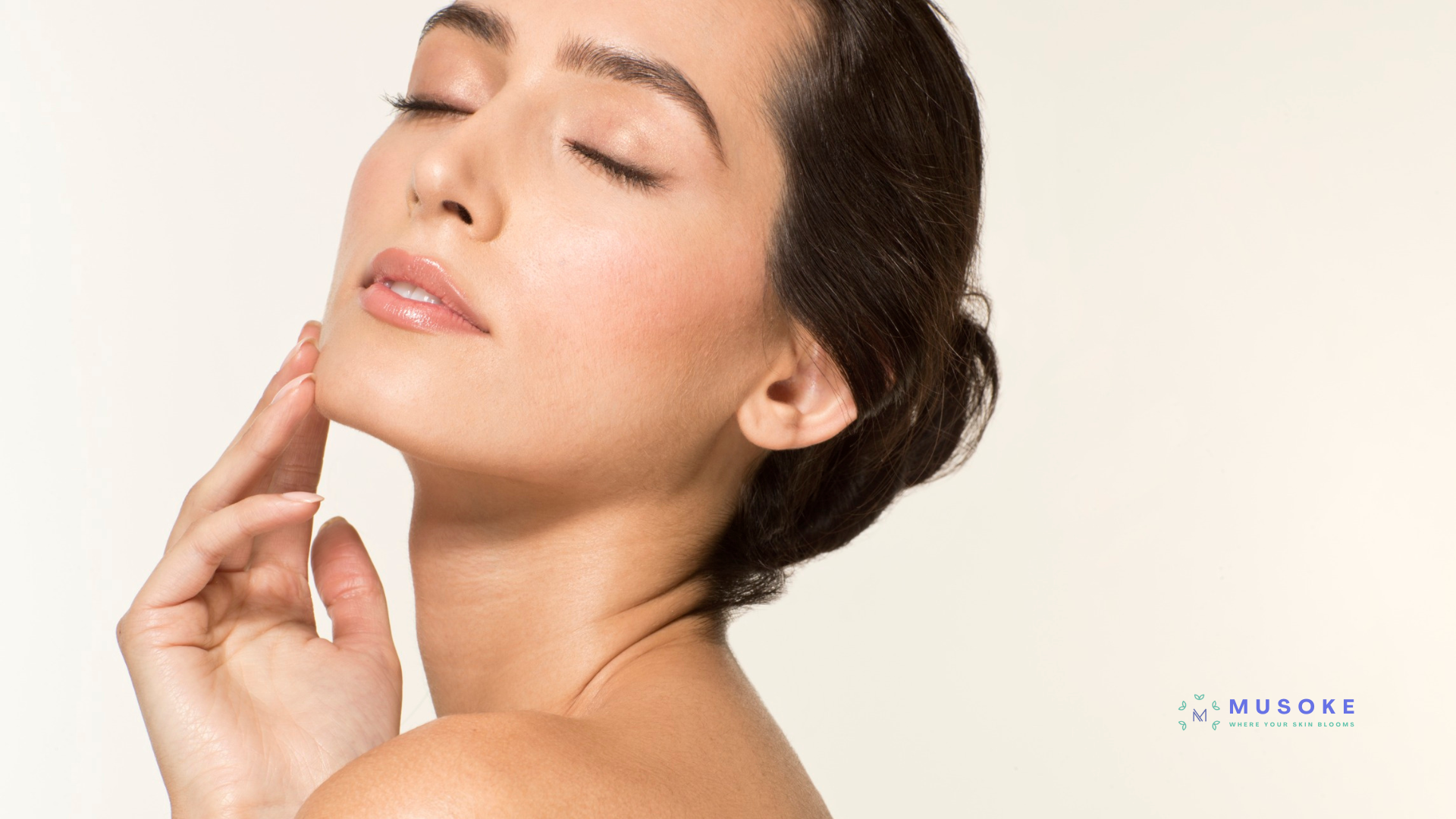What do your hair scalp and follicles tell about your health?

Keratin is a protein produced by keratinocyte cells that moves to the skin and dies. While the follicles are active in the scalp, the bulb serves as the foundation for the hair root. The damaged cells make up strands that regenerate themselves as part of the hair life cycle. While the strands are lifeless, the follicles must be kept healthy in order for new hair to grow back following thinning or loss.
The optimal pH level for scalp
The pH of our skin ranges from 4.2 to 6.5. The pH of most women's scalp is more than that of men. A pH of 2 is very acidic, whereas a pH of 12 is very alkaline. A decent shampoo will have a pH of 5.5, which is the perfect level for the scalp. A healthy scalp means healthy hair, which is a good indicator of your general health. If your hair is sluggish, brittle, not sprouting, or falling out, there is something wrong with your health.
Probably your hair is trying to seek your attention with the symptoms or reaction they are showing. Usually, when we take medication for our physical well-being, it affects our physical health and hair health. You may simply need to improve the hair or scalp life in other circumstances. Use this guide to learn how to tell the difference between myth and truth when it comes to the health and safety of hair.
How can you spot your unhealthy hair?

If you witness any of these happening with your hair, it's time to pay attention.
- Unnatural hair fall
- Dry hair
- Hair looks dull
- Brittle hair
- Dry scalp
- Thinning of hair
- Unnatural and premature grey hair
What makes your hair suffer?
- Stress: Hair loss can also be caused by stress, and prolonged stress may contribute to greying hair by inciting DNA damage and limiting pigment delivery to the cells in hair follicles.
- Genetic: Going grey is a completely normal part of ageing, as your hair cells generate less pigment as you age. Your genes also influence when your hair greys.
- Cushing's Syndrome: This syndrome can make your hair brittle. Brittle hair is one of the symptoms of Cushing's syndrome, an uncommon disorder characterised by an excess of cortisol, the body's main stress hormone. However, there are many other visible signs of Cushing's syndrome, such as elevated blood pressure, weariness, and back discomfort.
- Thyroid: Hypothyroidism, a disorder in which your thyroid gland does not synthesise sufficient thyroid hormones, can cause excessive hair loss and thinning.
- Iron Deficiency: It is unclear why low iron might trigger hair fall, but iron is required for numerous biological and chemical activities, including hair growth. Eating more iron-rich meals or taking an iron supplement may assist hair health.
- Protein Deficiency: It is a cause of many health issues that we suffer from. Protein is necessary for the health and growth of the hair, and thinning of hair is also associated with the deficiency of protein.
End the suffering
Few changes in your lifestyle and habits can end the suffering of your hair or make them less affected. Let us look at those steps that can improve your hair conditions.
- Make use of moderate hair care products: Avoiding products containing sulfates, alcohols, or scents may help enhance the health of your scalp. Sulfates eliminate natural oils from your hair and dead skin cells, leaving your scalp dry and vulnerable to irritation. Also, avoid hair care products containing harsh chemicals, such as colour and bleaching. These can harm the hair roots and scalp skin.
- Gently shampoo: Massage your scalp instead of scraping it when shampooing your hair. This will improve circulation and prevent hair tugging and pulling.
- Wash less frequently: Frequently washing your hair can lose natural oils that your scalp produces to keep the scalp and hair moisturised.
- Healthy diet: Consider taking an omega-3 supplement and consuming extra antioxidants. By boosting circulation in the scalp, omega-3s and fish oils enrich the hair. When the amount of harmful free radicals in the body exceeds the number of good antioxidants, oxidative stress ensues. Not only may oxidative stress create health problems affecting insulin production, cardiovascular diseases, and cancers, but it's also thought to impact the condition of the scalp and cause hair loss.
- Make use of a scalp scrub: A scalp scrub, like a face scrub, is a method of exfoliating the scalp. This method can help you get rid of excess oil, dead skin, dandruff, and dirt. They may also expand the blood vessels underneath your skin, thus promoting hair growth.
Simple modifications to your hair care routine can have a significant impact on the health of your scalp. Sometimes it's as simple as being gentler with your shampoo or only ironing your curls rarely. If none of the above alternatives work, consult a dermatologist.
